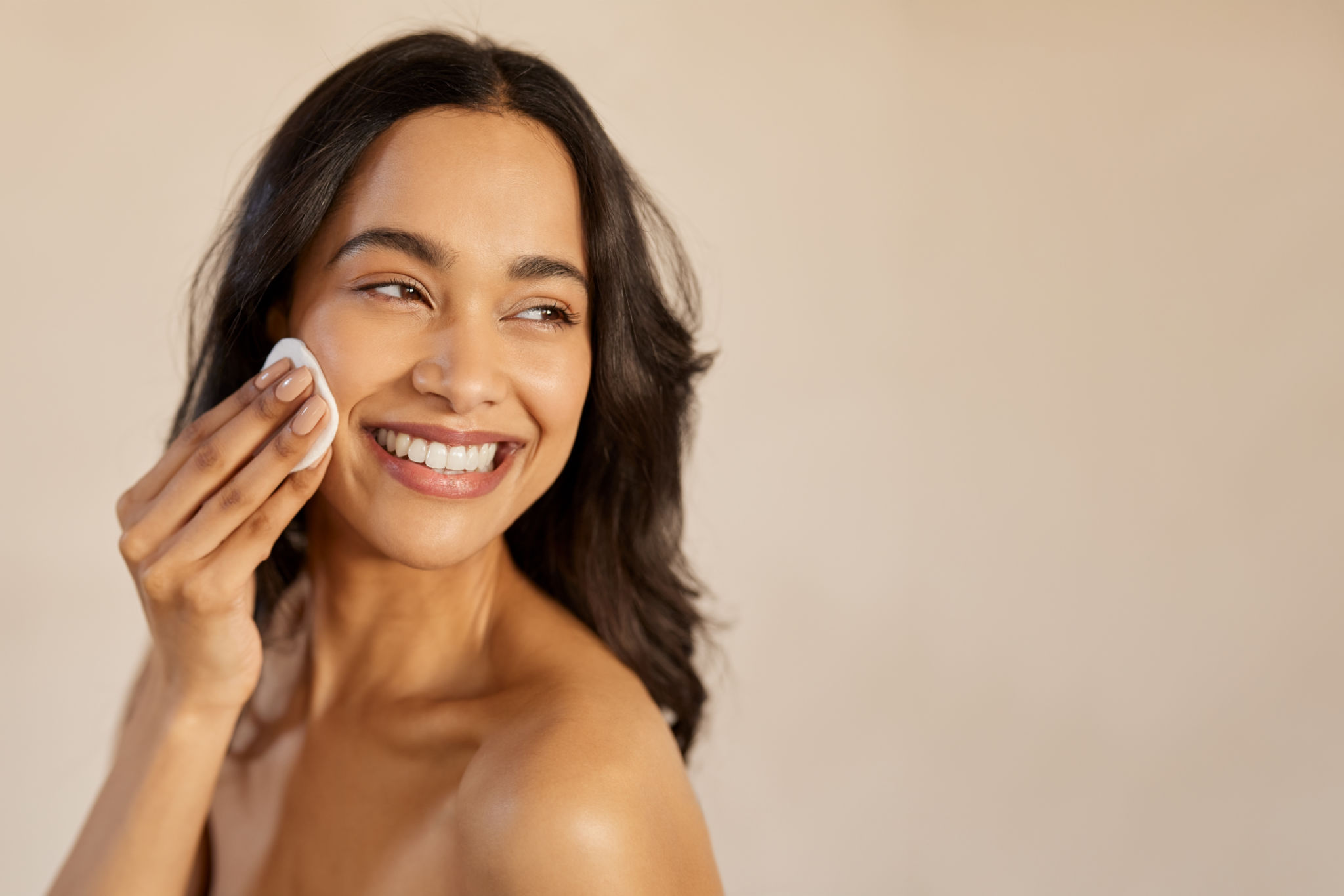Debunking Common Beauty Myths: What Works and What Doesn't
Introduction to Beauty Myths
The world of beauty is filled with myths and misconceptions that often lead us astray. Whether it's a new skincare fad or an age-old remedy, these myths can influence our beauty routines, sometimes with less than desirable results. In this post, we aim to debunk some of the most common beauty myths and shed light on what truly works and what doesn't.

Myth: Expensive Products Are Always Better
One of the most pervasive myths in the beauty industry is that higher price tags equate to higher quality. While it's true that some premium products contain rare or high-quality ingredients, this isn't a universal rule. Many affordable products offer comparable results because they contain the same active ingredients.
When selecting beauty products, focus on the ingredient list rather than the price. Look for proven ingredients such as hyaluronic acid, retinol, and vitamin C, which are beneficial regardless of the product's cost.
The Power of Drugstore Brands
Drugstore brands have invested heavily in research and development over the years, offering effective solutions at a fraction of the price. Brands like CeraVe and Neutrogena have cult followings for a reason—they deliver results without breaking the bank.

Myth: Natural Ingredients Are Always Safe
There's a common belief that natural ingredients are inherently safer or more effective than synthetic ones. However, natural doesn't always mean better. Some natural substances can cause allergic reactions or irritations.
For instance, essential oils can be potent irritants for sensitive skin. It's crucial to perform patch tests when trying new natural products to ensure they don't cause adverse reactions.
Understanding Synthetic Ingredients
Synthetic ingredients often get a bad reputation, but they are meticulously formulated for safety and stability. In many cases, they replicate natural compounds but with more consistent results. Understanding that both natural and synthetic ingredients have their place in skincare can help you make informed choices.

Myth: You Don't Need Sunscreen on Cloudy Days
Another widespread myth is that sunscreen is unnecessary when the sky is overcast. However, UV rays can penetrate clouds, meaning your skin is still at risk of damage. It's essential to wear SPF daily, regardless of the weather.
Consistent sunscreen use is one of the most effective ways to prevent premature aging and skin cancer. Opt for a broad-spectrum SPF 30 or higher to ensure comprehensive protection.

Myth: You Can Shrink Pores Permanently
The size of your pores is largely determined by genetics, and no product can permanently change them. However, certain skincare practices can minimize their appearance temporarily.
Using salicylic acid or retinoids can help keep pores clear and reduce their visibility by promoting cell turnover. Additionally, keeping your skin clean and moisturized can prevent pores from appearing larger due to excess oil or debris.
Pore Minimizing Techniques
- Regular exfoliation to remove dead skin cells
- Clay masks to absorb excess oil
- Consistent hydration to maintain skin balance
Understanding these techniques can help manage expectations and achieve a smoother complexion without falling for false promises.
Conclusion
Debunking beauty myths empowers you to make informed decisions about your skincare and beauty routines. By focusing on proven practices and ingredients, you can enhance your regimen effectively. Remember, beauty is not about following trends—it's about understanding what works best for you and your unique skin needs.
